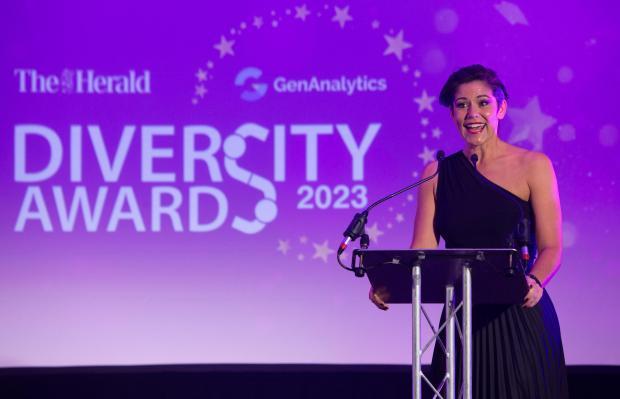Nigerian sprinter Divine Oduduru has been handed a six-year ban after being found guilty of two doping violations. The Athletics Integrity Unit (AIU) announced the decision on Thursday, stating that there was “overwhelming evidence” against the former world junior silver medalist.
The violations committed by Oduduru include the possession of prohibited substances and attempted use of a prohibited substance or method. The case of Oduduru is linked to that of his teammate Blessing Okagbare, who received an 11-year ban for doping in 2022.
Brett Clothier, the head of the AIU, expressed satisfaction with the outcome, highlighting the gravity of the offenses committed and the collusion between athletes and others involved in corrupting athletics at the highest level.
Oduduru had been provisionally suspended on February 9 pending the investigation. The case of Okagbare came to light after therapist Eric Lira was charged by US prosecutors for supplying performance-enhancing drugs to athletes during the Tokyo Olympics. Lira has pleaded guilty to the charges and faces a prison sentence of 10 years.
Okagbare, 34, was expelled from the Tokyo Olympics just before the women’s 100m semi-finals after testing positive for human growth hormone in an out-of-competition test conducted in Slovakia before the 2020 Games. Her phone was seized by US Customs and Border Protection upon her return to the United States, and incriminating text and voice messages with Lira were discovered during an investigation by the Federal Bureau of Investigation.
The AIU banned Okagbare for the use of multiple prohibited substances and for failing to cooperate with the investigation. In Oduduru’s case, significant evidence was presented, including WhatsApp messages between Okagbare and Lira that revealed Okagbare soliciting prohibited substances on behalf of Oduduru.
Throughout the investigation, the 27-year-old Oduduru maintained his innocence. Despite having a personal best time of 9.86 seconds in the 100m event, Oduduru was disqualified in the heats at the Tokyo Olympics but reached the semi-finals in the 200m event. He won a silver medal in the 200m at the 2014 World Junior Athletics Championships.
The AIU emphasized its commitment to uncovering doping offenders and dismantling their networks. They expressed gratitude for the assistance provided by the United States Anti-Doping Agency (USADA) and the United States Department of Justice, whose collaboration and evidence were instrumental in both the Oduduru and Okagbare cases.
Photographic evidence obtained during the investigation revealed the presence of multiple prohibited substances in Oduduru’s Florida apartment. Among the items discovered were two boxes of Somatropin (labeled as “Xerendip” and “Humatrope”), identified as human growth hormone, a plastic bag labelled “IGF LR3” containing three vials, which abbreviates synthetic Insulin Growth Factor, and two boxes of erythropoietin (EPO).
Source: BBC






